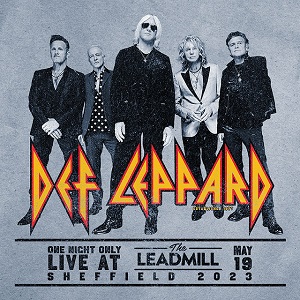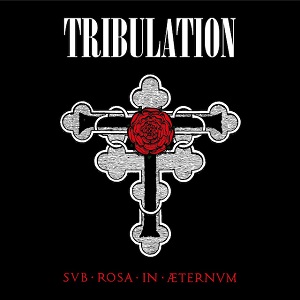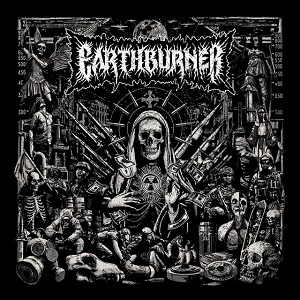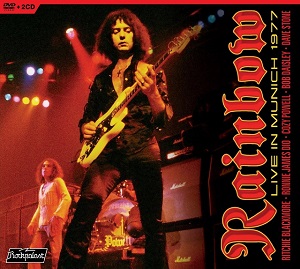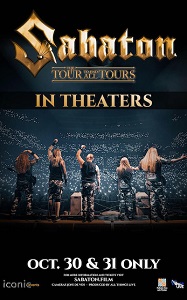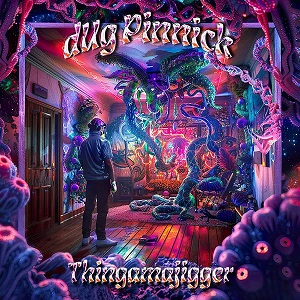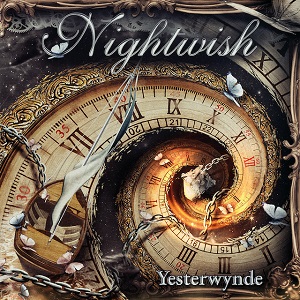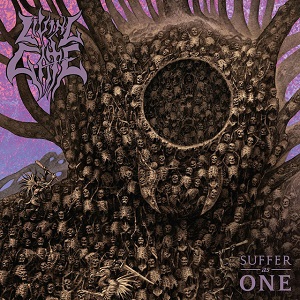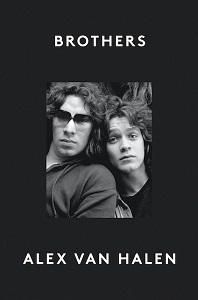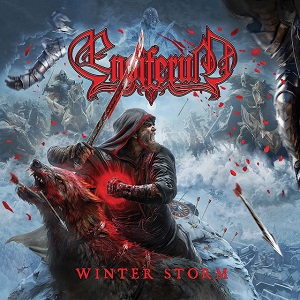ARAWN Mainman Discusses Welsh Black Metal
October 18, 2007, 17 years ago
Lucem Fero has issued an interview with ARAWN mainman Bleiddwn-Y-Nos, conducted via email by Welsh interviewer Anthony Morgan. The following is an excerpt:
Q: How did your second outing Welsh Black Metal materialise?
A: "After I had finished recording the three tracks that made up the Call of the Cyhyraeth demo, I never stopped writing music. Pretty soon after the first reviews of the first demo began coming in, I set about recording our second demo Welsh Black Metal. Like the first demo, it was recorded over a long period of time. This was probably three months, and I was still writing and arranging tracks throughout that period. I only wrote the final track of the demo, 'The Ancient Enemy', after the other two songs had already been recorded! I started recording the demo around June of this year, and that's when I recorded the title track. I then finished recording towards the end of August when 'The Ancient Enemy' was recorded."
Q: The song 'Welsh Black Metal' has shades of early Venom and Tormentor, though what else can you reveal about this track?
A: "Most of 'Welsh Black Metal' had been written during the Call of the Cyhyraeth recordings, but I couldn't get it finished in time for its inclusion on the demo. I left it for awhile as a result, and it then became the first song I recorded for this demo. It's quite untypical for an Arawn song, and that's because it's really very heavy from start to finish. There aren't really any acoustic moments, and not that many keyboards. Stylistically, it probably does borrow more from Venom, Celtic Frost and Tormentor as opposed to more epic Black Metal bands like Emperor or Covenant. More than probably any other Arawn song, 'Welsh Black Metal' deals with my nationalistic pride head on. It tries to capture the essence of Welsh history, and the values and morals that we once held. This is really reflected in the lyrics, and in the aggressive nature of the song. This was the first Arawn song that in my eyes had an acceptable production; as a result, people began to take the band a lot more seriously once they heard this song."
Q: In terms of production you've labelled "The Cambrian Fog" the best sounding Arawn track thus far, so what else do you wish to share about this opening number?
A: "I labelled "The Cambrian Fog" the best sounding Arawn track before I had written 'The Ancient Enemy', a track I would now consider the best sounding Arawn song. When I say best sounding, I really mean best production; it seems that with every new song that I record, the production gradually gets better. This is partly because I now spend far more time on mixing, and recording. Having said that, "The Cambrian Fog" still has an acceptable production. The song's opening riff, which I play using a violin effect on the keyboard, predates the birth of Arawn. I have a demo recording somewhere of a Prog / Metal instrumental I recorded before I'd even thought of forming Arawn, and this instrumental recording has that riff in it. The rest of the music was all written around the spring time of this year. I'd been listening to a lot of Moonsorrow and Hammerheart era Bathory when recording this song, and also reading a lot about Celtic / Anglo-Saxon history. As a result, I think this song has a really strong Folk / Battle metal influence; this makes it stand out a bit from the other three songs on the demo. I remember the song took a very long time to record, and that's because I had so many guitar parts which I wanted to record. On that track, I think there are sometimes as many as five guitars playing at once! Lyrically, that song deals about feeling isolated by both those around you and modern society. It deals with the limitations of life on earth, and an urge to transcend everything physical into a state of pure spirituality."
Q: The third and final track is dubbed 'The Ancient Enemy', so who does this ultimately refer to?
A: "On the most basic level, 'The Ancient Enemy' refers to the races and cultures that have sought to destroy our Celtic traditions and values throughout history. It started with the Romans, and then the Anglo-Saxons, The Normans, and Edward III's Welsh campaigns. It carried on into the19th and 20th centuries with people who sought to oppress the Welsh language, and close Welsh schools. The song also refers to the people who still seek to do this today; not just people who oppress Welsh culture and language, but those who distort our values and cultures which then steers us away from our true cultural destiny. The song is also a warning to the perpetrators of this culture distortion, and the cowards who do not fight against it. It also praises the heroes who have shaped the history of Wales throughout the last two thousand years, and have not allowed those who don't share our traditions and values to hijack our destiny - I'm referring to people such as Saunders Lewis, Owain Glyn Dwr, Cayo Evans, Llewellyn the Great etc. I feel the music of this song really compliments this message, and makes it both very powerful and haunting."
To read the entire interview head to this location.


